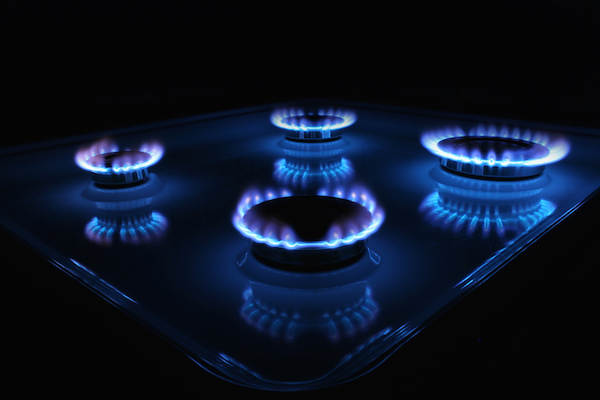
Prime Minister Malcolm Turnbull has used the announcement to call for "urgent crisis talks" with east coast gas companies, blaming the restrictions on unconventional and onshore gas developments for potential future supply problems.
“We are facing an energy crisis in Australia because of this restriction of gas,” Turnbull told a business conference in Sydney. “Gas reserves or gas resources are not the issue. The biggest problem at the moment is the political opposition from state governments to it being exploited.”
So does this new gas supply threat mean that Victoria's ban on fracking and moratorium on conventional gas exploration is going to leave us freezing in the dark next winter?
RMIT Senior Industry fellow Alan Pears called the shortfalls are "quite modest, and AEMO notes that they could be supplied from existing gas fields if the producers received appropriate ‘incentives’. So the short-term picture does not justify a rush into more coal seam gas or other new development."
“There’s plenty of gas around, even on the east coast,” he said.
”Companies are sitting on permits, not developing them and restricting supply so they can make a lot of money.”
We are extracting greater volumes of gas than we ever have before. But companies are exporting 70% of our gas overseas, and that does mean it is more difficult for domestic consumers to secure cheap supply.
But one thing the gas industry, politicians and even AEMO are not paying enough attention to are the opportunities presented by new renewable and energy storage technologies.Energy Market analysts RepuTex carbon released research on March 8 assessing a cost curve for renewables and energy storage in the Australian electricity sector. They found that with gas prices rising, renewables and energy storage is the most affordable option for upgrading the energy system.
"The “full cost” of renewables - with storage - is now cheaper than gas for new [demand] peaking" said RepuTex.
"This isn't a question of a choice between environment and the economy - renewables and energy storage win on both fronts. There is no need for us to risk our farmland and climate with more gas drilling."
To add to this - high prices are already causing huge drops in gas demand on the eastern seaboard. In fact, the Melbourne Energy Institute suggest domestic demand could as much as halve over the next ten years. Domestic gas users are moving towards cheaper electric options to heat and cook in their homes, and it's likely to cause what analysts call 'gas death spiral' : the higher gas prices go, the more people disconnect from gas - the higher connection costs become for everyone else - the more people disconnect!
We're experiencing big shifts in the energy market as we slowly begin the transition away from coal and deal with the implications of the gas export industry. Stopping onshore gas is not going to leave us freezing in the dark, but we do need to be on the forefront of adopting new technology that will provide us with a reliable (and sustainable) grid into the future.